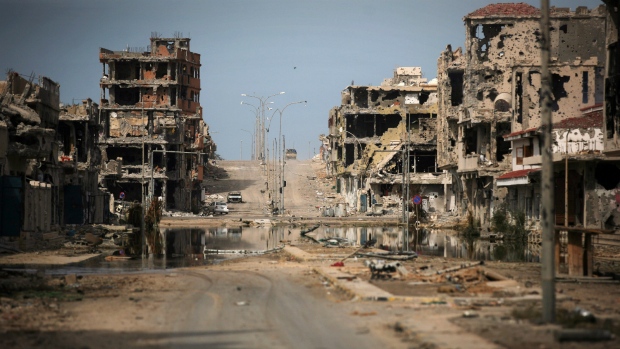The fall of Syrian long-time dictator Bashar al-Assad’s regime could lead to Russia losing its military bases located in the country and, if this happens, it could have serious consequences for the Kremlin’s operations and power projection in Libya and sub-Saharan African countries, says a latest report by the American Institute for the Study of War (ISW).
Leaders across north and sub-Saharan Africa are watching carefully the developments in Syria following the fall of the Bashar al-Assad’s regime, with experts and observers saying that this could create big problems for Russians and its so-called Africa Corps on the African continent. According to a new report by the Washington-based ISW, the loss of Russian bases in Syria, and especially its naval base in Tartus used to project power in the Mediterranean Sea, would likely disrupt Russian logistics, efforts to replenish supplies and refuel its vessels, and the rotation of the African Corps. Russian operations and power projection in Libya and sub-Saharan African countries would thus be particularly weakened.
Crucially, the ISW analysis has also concluded that “Assad’s collapse would additionally damage the global perception of Russia as an effective partner and protector, potentially threatening Russia’s partnerships with African autocrats and its resulting economic, military, and political influence in Africa.” This is because Russia’s activity in Libya and the Sahel countries, such as Mali, Burkina Faso and Niger, is heavily dependent upon it maintaining its only formal overseas naval base in Tartus. In the long run, the collapse of Assad’s dictatorial regime also casts doubt on Russia’s ability to protect its allies, experts say. “If Moscow cannot secure its position in Syria, it will be harder for African leaders to trust that Russia can shield them from internal or external threats,” writes Simantik Dowerah, editor of Firstpost.



